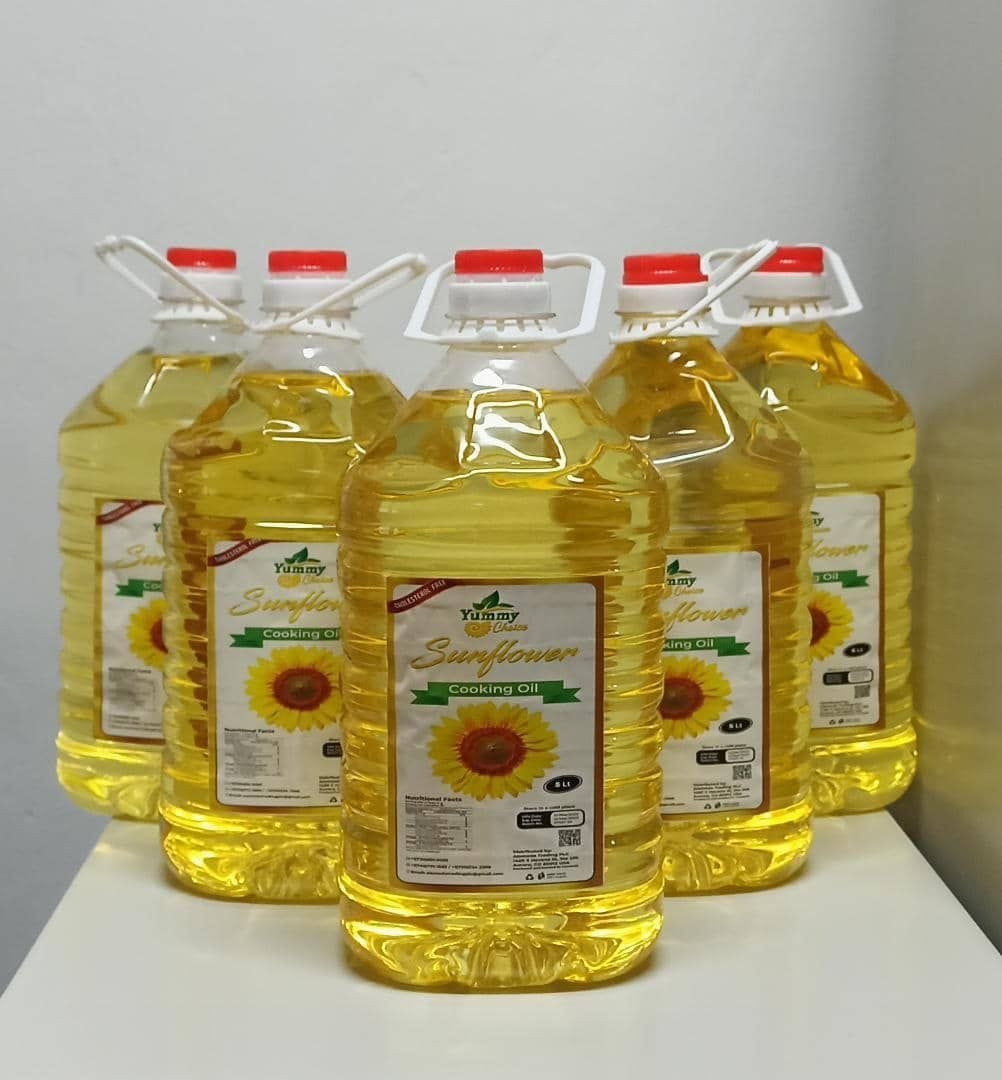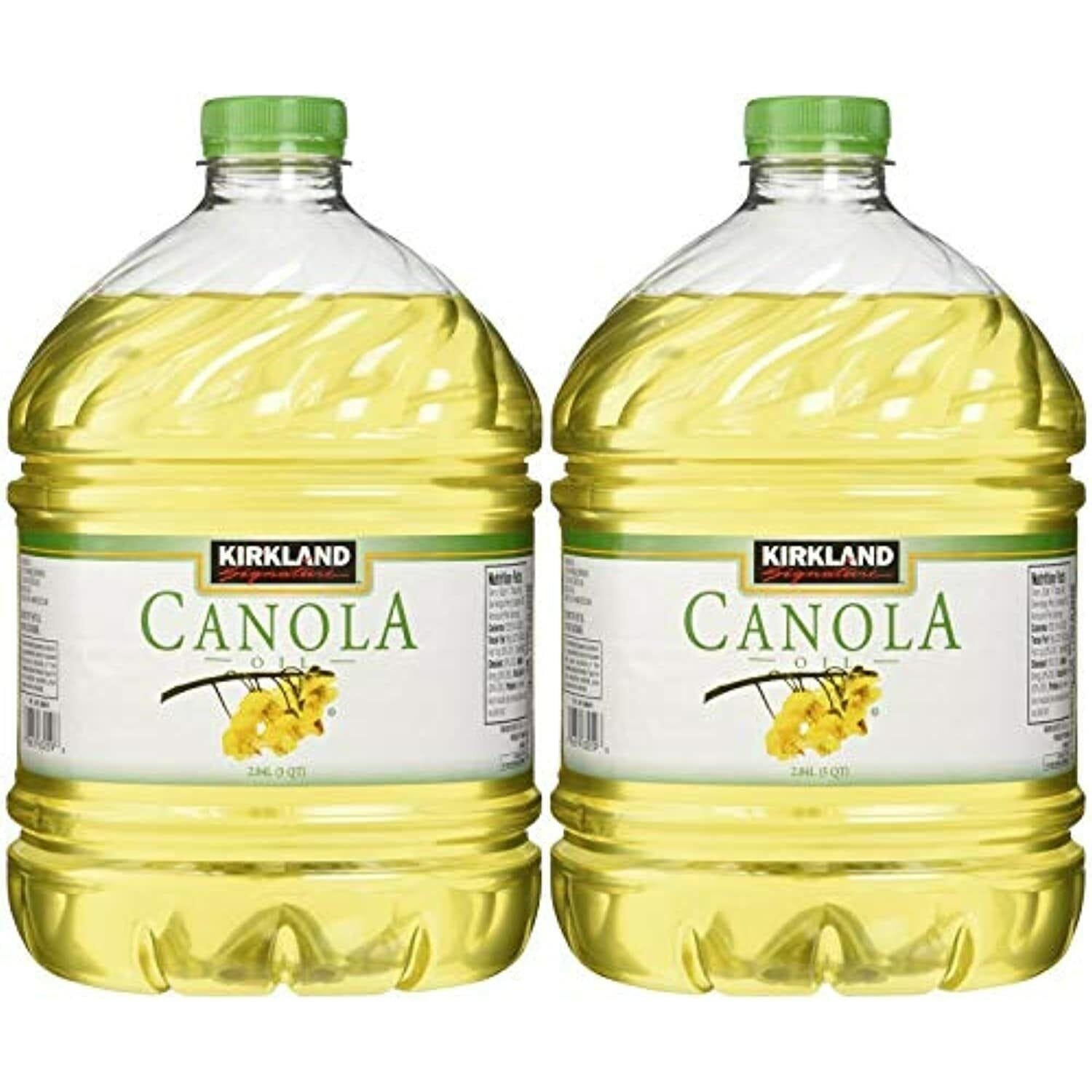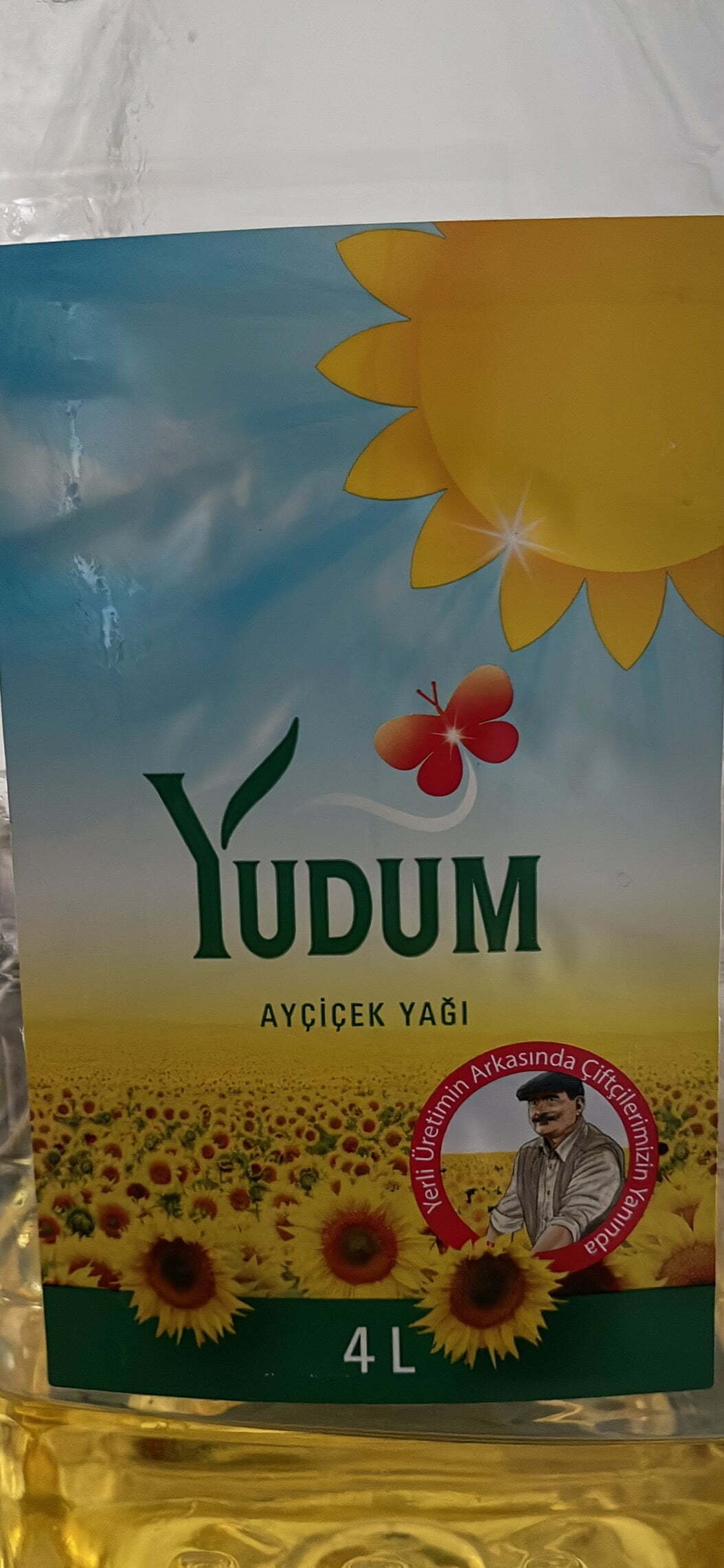Repurposes Used oil are an inevitable byproduct of various industries, from automotive to culinary. More so, With environmental concerns on the rise, finding effective and sustainable ways to repurpose used oil has become essential.
Understanding Repurposes Used oil
What Is Repurposes Used oil?
Used oil refers to any oil that has been consumed or contaminated during its application. Common sources include:
- Automotive oil: Oil changes in vehicles lead to significant amounts of used oil.
- Cooking oil: Restaurants and households often dispose of oil after frying or cooking.
- Industrial oil: Various industries use lubricants that, once contaminated, become waste.
Why Is Repurposing Used Oils Important?
- Environmental Protection: Firstly, Disposing of used oil improperly can lead to soil and water contamination.
- Resource Conservation: Secondly, Repurposing used oil reduces the demand for new oil production, conserving natural resources.
- Economic Benefits: Many repurposing methods can generate income or reduce operational costs.
Methods for Repurposing Used Oil
1. Recycling Used Oil
Repurposes Used oil is one of the most effective ways to repurpose it. Hence, This process involves collecting, filtering, and refining used oil to restore its original properties. Recycled oil reused as:
- Lubricating Oil: Once refined, it sold as high-quality lubricating oil for machinery and vehicles.
- Heating Oil: Recycled oil used in industrial heating applications.

2. Biodiesel Production from Repurposes Used oil
Biodiesel, an alternative fuel made from vegetable oils or animal fats. Furthermore, Used cooking oil can be converted into biodiesel through a process called transesterification. This method not only repurposes waste oil but also provides a renewable energy source.
Benefits of Biodiesel
- Reduced Emissions: Biodiesel produces fewer greenhouse gases compared to fossil fuels.
- Energy Independence: Utilizing locally sourced used oil can reduce reliance on foreign oil.

3. Soap Making

Used cooking oil is perfect for homemade soap. The saponification process allows oils to react with lye, resulting in soap. This method is not only eco-friendly but also cost-effective.
Steps to Make Soap from Repurposes Used oil
- Filter the Oil: Remove food particles and impurities.
- Mix with Lye: Carefully mix the filtered oil with a lye solution.
- Add Fragrances or Colors: Customize your soap as desired.
- Cure the Soap: Allow it to harden before use.
4. Animal Feed from Repurposes Used oil
Some agricultural practices involve using treated used oil as an ingredient in animal feed. However, this must be done with caution to ensure it meets safety standards and does not harm livestock.
5. Lubricants for Machinery
Used oil repurposed as a lubricant for non-critical machinery or equipment. However, it’s crucial to ensure that the oil is free from harmful contaminants before reuse.
6. Asphalt Production
Used oil can be incorporated into asphalt to enhance its properties. This method not only repurposes waste oil but also improves the quality of road surfaces.
7. Oils Lamps and Candles
Used cooking oil transformed into fuel for oil lamps or candles. This simple repurposing method can add ambiance to your home while recycling waste.
Making Oil Lamps with Repurposes Used oil
- Materials Needed: Used oils, a container, and a wick.
- Instructions: Fill the container with oil, insert the wick, and light it.
8. Garden Pest Control
Used cooking oil can be used as a natural pesticide. Also, Mixing it with water and a few drops of dish soap can create an effective pest control solution.
9. Craft Projects
Used oil can also be repurposed in various craft projects. For example, oil can be used to create art or as a medium for paintings.
The Benefits of Repurposes Used oil
Environmental Impact from Repurposes Used oil
Repurposing used oil significantly reduces waste and lowers the chances of environmental contamination. By diverting used oil from landfills and water sources, we protect ecosystems and promote sustainability.
Economic Advantages
Moreover, Businesses that repurpose used oil can save on disposal costs and potentially generate revenue through recycling or product creation. For individuals, repurposing used oil can reduce household expenses.
Community Engagement
Repurposing initiatives can foster community involvement. Nevertheless, Local workshops on soap-making or biodiesel production can educate and engage community members, promoting sustainability.
Practical Tips for Repurposes Used oil
1. Proper Storage
To ensure used oil can be effectively repurposed, it must be stored properly. Thus, Use airtight containers and keep them in a cool, dark place to prevent degradation.
2. Clean the Oil
Before repurposing, filter the used oil to remove impurities. This step is crucial for processes like soap-making or biodiesel production.
3. Know Local Regulations
Familiarize yourself with local laws regarding the disposal and repurposing of used oil. Therefore, This knowledge is essential to ensure compliance and safety.
4. Collaborate with Local Businesses
Partnering with local businesses or organizations can enhance repurposing efforts. For instance, restaurants can collaborate with biodiesel producers to dispose of used oil sustainably.
5. Educate Others
Firstly, Sharing knowledge about the benefits of repurposing used oil can inspire others to adopt sustainable practices. Host workshops, create informative content, or engage in community discussions.
Repurposes Used oil
Repurposing used oil is not only an environmentally responsible choice but also a practical one. By exploring various methods such as recycling, biodiesel production, and even craft projects, individuals and businesses can significantly reduce waste and contribute to a more sustainable future. The benefits extend beyond environmental impact, offering economic advantages and fostering community engagement.
As we move forward, it is essential to prioritize sustainable practices, ensuring that the byproducts of our daily activities are not discarded but transformed into valuable resources. Thus, Embrace the art of repurposing used oil today, and contribute to a greener tomorrow!
By following the strategies outlined in this guide, you can help lead the way toward a more sustainable future, transforming used oil from a waste product into a valuable resource. Whether you’re a business owner, an environmental enthusiast, or simply someone looking to make a difference, every effort counts in the quest for sustainability.





